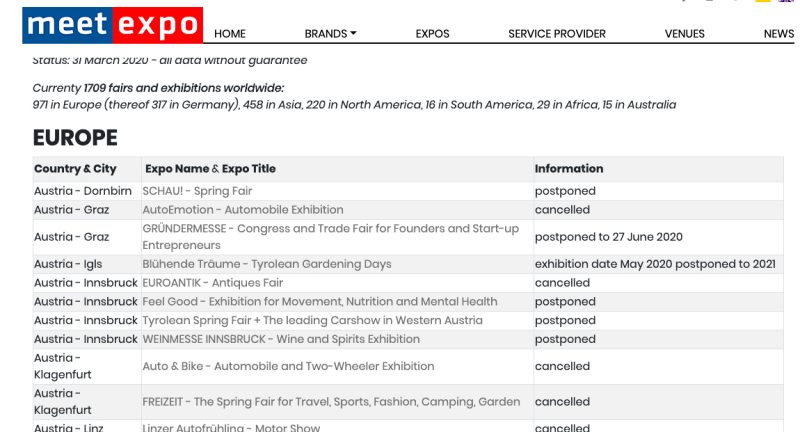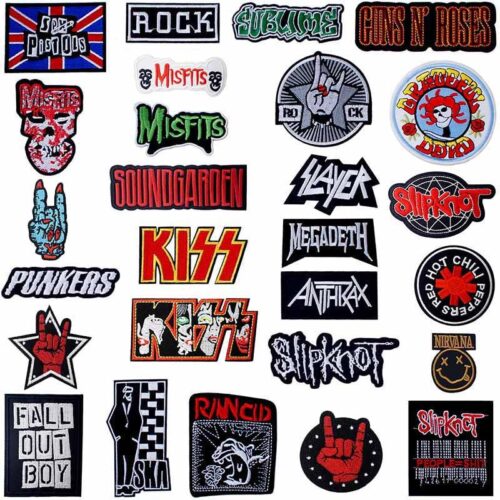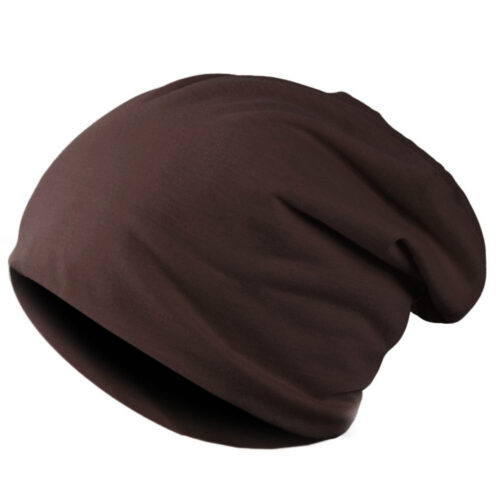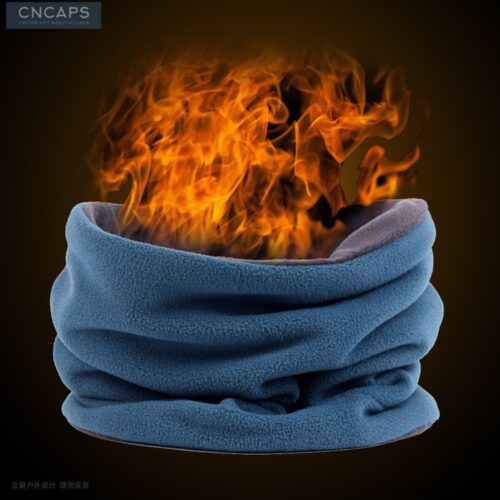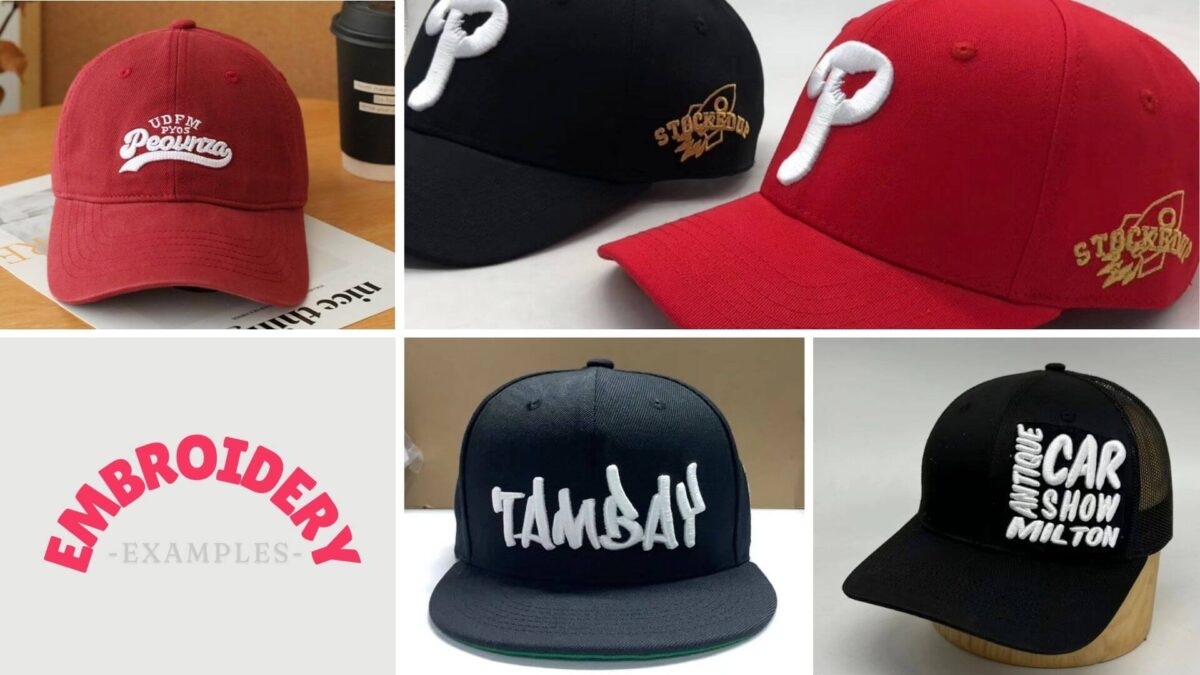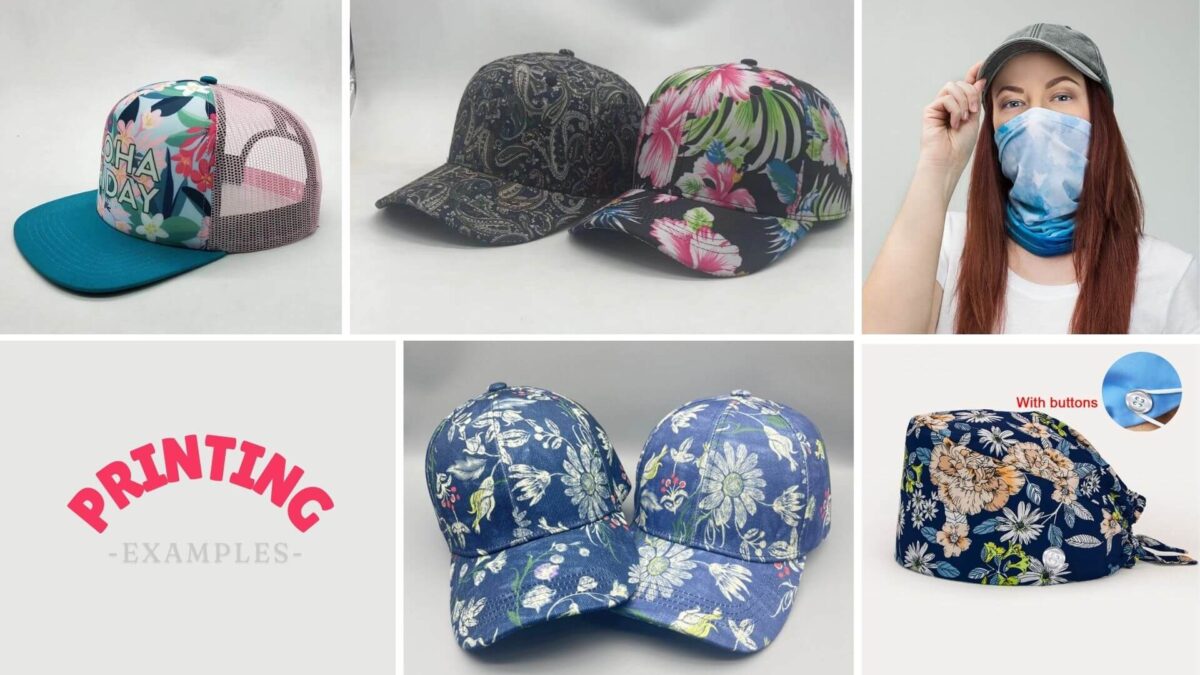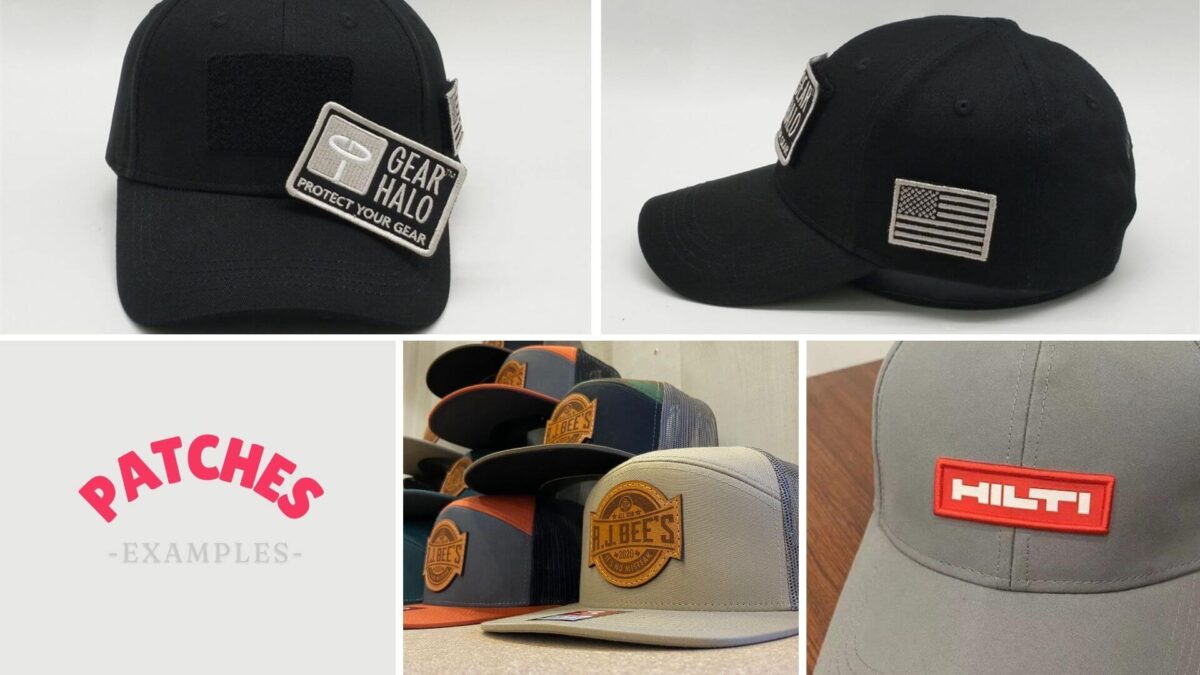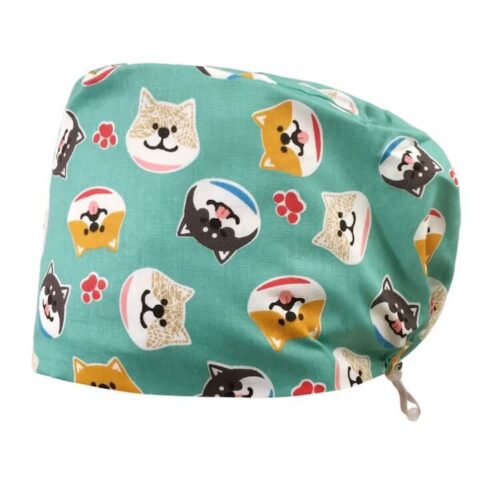How to Find Your Best Wholesale Hat Manufacturer in China(Year 2020)
Table of contents
China exported over $500 billion worth of goods to the US in 2019, and is the world’s largest exporter overall. China is the United States’ largest trading partner, while China was the United States’ third-largest goods export market. Such a broad manufacturing base means that you’ll be able to find a Chinese factory or hat supplier to partner with, no matter what type of product you want to import to your country. Take a look at this handy guide, to find out how.
Whether you’re looking for a wholesale hat manufacturer to make goods to your own specifications, or a range of hat suppliers to choose new stock for your store, China is the obvious place to start.
While finding a producer in China can look like pretty a frightening project, specifically in case you are doing it for the first time. Enterprise proprietors who’re intimidated through the substantial mission at hand can take heart from (sure!) a Chinese proverb:
“A journey of a thousand miles begins with a single step.”
This is ideal recommendation. If you split your project into little steps and cognizance on every one in all them at a time, you’ll be uploading your first shipment home from China before you understand it.
And even at this special year of 2020 economics recession, thus it make it will be much more outstanding and essential to learn how to import goods from China wholesale hat suppliers. Here we list possible complete points you must know about finding hat suppliers especially wholesale hat manufacturers from China.
Now let’s begin:
Why you need to find wholesale hat supplier in China?
China is fast becoming a production super power, manufacturing a hefty proportion of the world’s consumer products (particularly in the technology sector).
Due to the fact of the Chinese economy is in a boom length, the fees of producing are very low in comparison to someplace else inside the international.
This offers a superb opportunity to you as a seller! By using sourcing your merchandise without delay from China, you’re capable of getting extraordinarily low charges per unit and flip them around for a high profit for your very own USA.
Take Apple (one of the richest corporations in the world and makers of iPhones and iPads), for example…
Apple turned into initially making iPhones at a value of $40USD in meeting plants around us. But, they had been handling efficiency issues which induced them to lose cash.
They realized they needed to do something otherwise (and speedy) so that you can meet the call for from clients and, of direction, to remain a profitable company.
So, they partnered with Chinese producers due to the fact the Chinese had the infrastructure to supply what Apple desired. Quality of all, Apple could produce iPhones there at a production price of the simplest $eight according to the unit!
That absolutely beats the original price of $40, don’t you watched? But, nonetheless… you will be thinking about how China is able to price and manufacture objects so low.
The reasons behind this are pretty easy:
Materials are without problems handy
Wages in China are ways inexpensive
The Chinese language are masters with regards to mass manufacturing
Production strains in China are refined and prepared
Without a doubt placed, the Chinese simply recognize what to do on the subject of making things!
What types of wholesale hat suppliers you are looking for?
For the purpose of this post, when we refer to hat suppliers, we’re regarding every body who has the functionality to offer you with products and stock (and maybe even product descriptions). This encompasses wholesale hat manufacturers, wholesalers and distributors.
There are a ton of beneficial resources on-line which you could locate on Google. However before you begin, there are a few details you ought to recognize and decide.
First, you should determine what kind of hat supplier you are seeking out. This could assist decide the terminology you need to apply on your studies. Test out our publish on Make, wholesale hat manufacturer, Wholesale, or Drop-ship that will help you get started out. There are several alternatives, the maximum common being:
A wholesale hat manufacturer to supply your own product concept.
A hat supplier (who can also be a wholesale hat manufacturer), wholesaler or distributor to buy already-existing brands and merchandise.
A drop-shipper to deliver merchandise and fulfill orders of already-current brands and merchandise.
Effective ways of finding wholesale hat manufacturer
Now that you have a better idea of exactly what you’re looking for, as well as the advantages and disadvantages of domestic vs. overseas sourcing, where do you begin your search? Naturally, the internet is the best place to start, but there are a few places in particular that can help with your search:
Google it
Over the last handful of years, we’ve become accustomed to being able to easily search Google and find what we’re looking for in the first few search results. However, many hat suppliers haven’t kept pace with the internet or Google’s algorithm changes. Their websites are usually old, sparse on information and not search engine optimized.
So how do you find hat suppliers on Google? For possibly the first time ever, you’ll need to explore page two of Google search results and beyond. You’ll also want to use a variety of search terms. For example, words like wholesale, wholesaler and distributor may be used interchangeably, so you should search for all of them.
It may help to make yourself familiar with Google’s search shortcuts to improve the quality of your searches, thus the results.
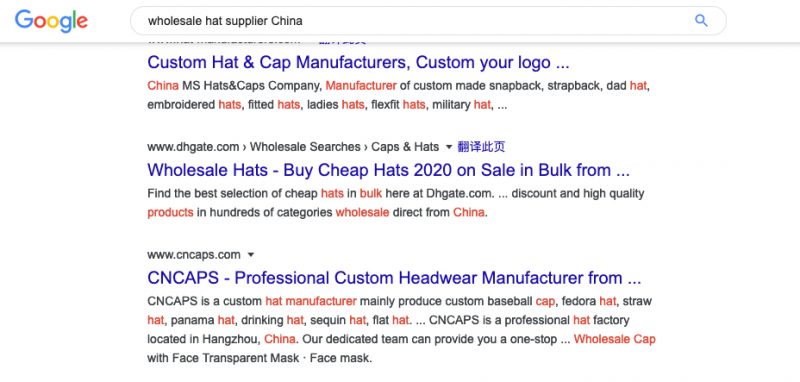
Search wholesale hat supplier from Google
Online Directories
Some of the best sources are free online hat supplier directories. These directories contain profiles for hundreds or thousands of wholesale hat manufacturers, wholesalers and hat suppliers. Below, we’ve listed a few of the most popular ones for both domestic and overseas hat suppliers:
Online overseas directories List:
Alibaba: If you’re unable to get to China, the internet is the next stop. Alibaba is world famous – and world leading – for a reason. You’ll find wholesale hat manufacturers, hat suppliers, wholesalers, importers and more, across all product types.
Made-in-China: Platform exclusively for Chinese wholesale hat manufacturers, with over 10,000 factories in 20+ industries. Browse products available, or post your specifications for a custom quote from any of the listed factories. There’s also a handy rundown of upcoming trade shows.
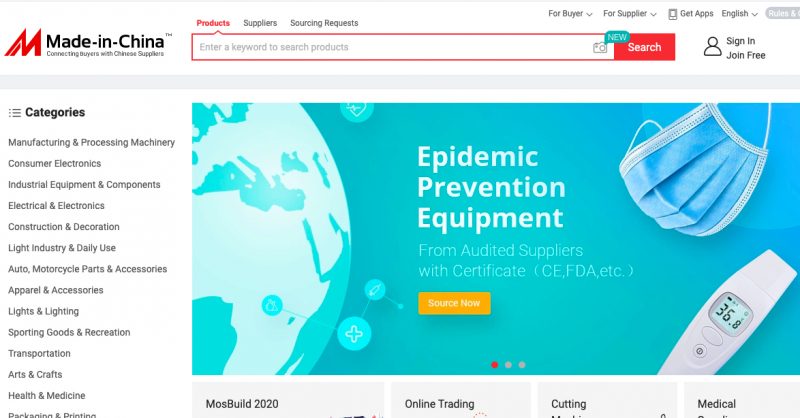
made-in-china.com
Global Resources(China Sources) – another popular website that arranges connections between businesses as well as Chinese wholesale hat manufacturers and hat suppliers
HKDC – this site offers an extensive directory of hat suppliers in China with over one million listings and offers other services like business matching.
Smart China Sourcing – lists 80 sourcing experts and is ISO9000 certified.
Trade Asia
With more than 600,000 hat suppliers listed, and some 1.4 million products available, Trade Asia specialises in B2B sales originating out of Asia, with specific sites for China and Taiwan based wholesale hat manufacturers. Long established organisation with a broad membership offering a range of other services for entrepreneurs.
Salehoo
Online search tool and directory, with market research and seller training options for ecommerce entrepreneurs and dropshippers. Pay an annual fee for access to all the lists and resources available.
MFG
MFG states it is the world’s largest custom manufacturing marketplace, connecting factories around the world with buyers and entrepreneurs. You’ll be able to set out your product requirements and have factories submit bids so you can see the options and costs available.
China hat supplier List
Vast range of options from agriculture to gifts, homeware and security systems. Use the search and categorization tools to find factories or hat suppliers in the niche you need.
Visit a trade fair
If you have the option of heading off to China in person, you can meet factory owners face to face at a trade show such as the Canton Fair in Guangzhou. While this is an investment, it is an opportunity to find and verify hat suppliers, and potentially view samples all in one trip.
Local library
You may also want to consider heading to your local library. Many libraries pay monthly subscription fees for online business and wholesale hat manufacturer directories that you normally wouldn’t have access to, or you’d have to pay for. These directories contain profiles for many wholesale hat manufacturers, wholesalers and distributors in North America, depending on the exact directory.
Give your local library a call ahead of time and ask if they have access to these types of private directories. For larger libraries, you may need to chat with the business and technology department.
Friend Referrals
Some of the best leads can come from referrals. Don’t be afraid to ask connections in your professional networks if they have any recommendations, or if they know someone who might. Look for individuals who’ve found success in an area you’d like to pursue and see if they’re willing to share their contacts.
Social networks have made it much easier to get the word out so make sure to use these channels. Join Facebook groups and other online communities of ecommerce business owners and see if anyone there has a glowing review.
As you do start to uncover hat suppliers, even if they aren’t the right fit for you, be sure to ask them if they can point you in the right direction. Being in the industry means they’ll likely have great contacts and would be happy to refer you to an option that might be a better fit.
Morgan Stanley, Goldman Declare Global Recession Under Way
Goldman Sachs Group Inc. and Morgan Stanley economists joined the rush on Wall Street to declare that the coronavirus has triggered a global recession, with the debate now focusing on its likely length and depth.
A day after President Donald Trump conceded the U.S. slump alone is set to be “a bad one,” economists threw away their forecasts that the world could avoid tumbling into recession for the first time since the financial crisis.
Behind the rethink: The virus’s spread to Europe and the U.S., as well as new evidence that China — the first to be hit by what is now a pandemic — experienced a harder hit to its economy than originally projected.
Morgan Stanley’s team, led by Chetan Ahya, said a worldwide recession is now its “base case,” with growth expected to fall to 0.9% this year. At Goldman Sachs, Jan Hatzius and colleagues predict a weakening of growth to 1.25%. S&P Global added its voice to the chorus with a report expecting that growth would range 1% to 1.5%.
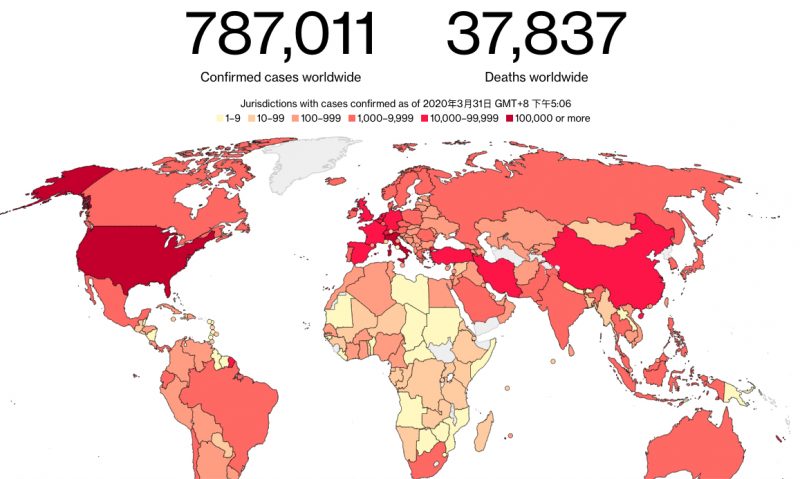
Covid-19 Coronavirus outbreak worldwide
Coronavirus: Counting the cost of canceled trade shows
International trade fairs are important industrial events for professionals and visitors alike to meet up, discuss the latest developments and products, and strike a few key deals. A kiss on the cheek is nothing unusual for those having known each other for years in their common pursuit of business, and many a contract is first sealed with a simple handshake.
With the new coronavirus spreading rapidly around the world these days, such cordial socializing is however no longer considered appropriate behavior, which is why industrial events are increasingly being canceled or postponed.
The first major trade event to fall victim to the COVID-19 scare this year was the World Mobile Congress (WMC) in February, the biggest mobile technology fair that takes place every year in Barcelona, Spain. Next in the line of trade shows that didn’t open were the International Tourism Fair (ITB) in Berlin, the Geneva Motor Show and a series of trade gatherings in sectors such as wine, handicrafts and books.
All over the world, about 400 trade shows have so far been canceled or postponed, with the latest entry on the list being the Hannover Industrial Fair, which is now scheduled to take place in mid-July.
here is a list of trade shows cancel or postponed in 2020
https://www.expodatabase.de/en/articles/125890-coronavirus-leads-to-exhibition-cancellations
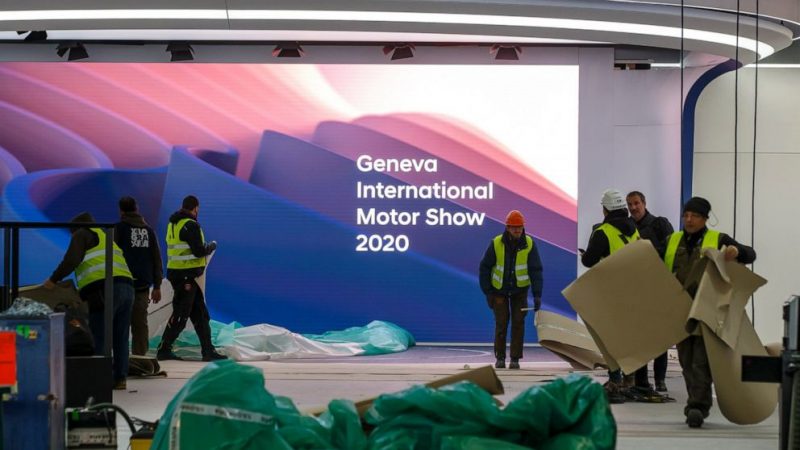
Coronavirus Counting the cost of canceled trade shows
The difference of finding a wholesale hat supplier in 2020 than past years
1.Online event get more popular because of trade shows or events canceled.
As the number of coronavirus cases continues to grow, the events industry is starting to take a hit.
A number of conferences, trade shows and events around the world have been canceled or postponed as attendees and organizers voice concerns about the new coronavirus. In Europe alone, at least 260 conferences have been canceled due to the coronavirus, said Sherrif Karamat, chief executive of PCMA, a trade association representing the business events industry. Most of those events were in Italy.
Already, the virus has killed over 3,000 people, more than 2,800 of whom have been in China’s Hubei province.
In the last 20 years, the conference and convention industry has expanded rapidly, in line with the growth in world economies and markets. In 2017, global business events generated about $1 trillion worth of direct spending, including funds to plan and produce the events and related travel, according to an Events Industry Council report.
There will be “significant impact” on the conference industry this year due to the coronavirus, said Nick Vyas, executive director of the center for global supply chain management at USC Marshall School of Business. “It’ll disrupt the ecosystem supported by the trade shows and conferences.”
So far, these are some of the events that have been canceled, postponed or turned into online-only events.
Mobile World Congress, Barcelona, Feb. 24-27
Trans-Pacific Merchants, Long Beach, March 1-4
American Physical Society meeting, Denver, March 2-6
Natural Products Expo West, Anaheim, March 3-7 (postponed and next month a new date will be announced, conference organizers say)
Geneva International Motor Show, Geneva, Switzerland, March 5-15
Nowruz celebration at UCLA, Los Angeles, March 8
2020 HIMSS Global Health Conference and Exhibition, Orlando, March 9-13
Facebook Global Marketing Summit, San Francisco, March 9-12
CERAWeek, Houston, March 9-13
Game Developers Conference, San Francisco, March 16-20 (postponed until summer, conference organizers say)
Lunar and Planetary Science Conference, the Woodlands, Texas, March 16-20
Business Roundtable CEO Innovation Summit, Washington, D.C., March 18 (will be rescheduled, according to organizers)
Livre Paris book fair, Paris, March 20-23
Nvidia GPU Technology Conference, San Jose, March 22-26 (now an online event)
Adobe Summit and Magento Imagine, Las Vegas, March 29-April 2 (now an online event)
Bologna Children’s Book Fair, Bologna, Italy, March 30-April 2 (rescheduled for May 4-7)
Google Cloud Next ’20, San Francisco, April 6-8 (now an online event)
Facebook F8 conference, San Jose, May 5-6
Google I/O, Mountain View May 12-14
2. Product Cost raise up because of labor workers lacking in China
China is the manufacturing home base for some of the largest companies in the world and had for years been a low-risk manufacturing hub. But the ongoing coronavirus outbreak that began in Wuhan city in the central province of Hubei and has put Chinese cities on lockdown and prompted transportation bans, is causing labour shortages and logistical challenges.
In the short term, factories operating in China, from component wholesale hat manufacturers to assemblers of finished products, are working to reduce supply chain disruptions. Crucial to the resumption of manufacturing activity is getting people back to work. But it’s easier said than done.
“Some interstate transport has been blocked temporarily, and Wuhan is in the centre of China where people have to go around Hubei province. It’s extra miles [to travel],” said William Chen, FCMA, CGMA, the CFO of a company with manufacturing facilities in China. “You could imagine the challenges.”
For wholesale hat manufacturers of labour-intensive products, the flow of production is critical because production planning is done based on the availability of staff in each product line, Chen said.
The research firm Gartner noted last week that organisations may start seeing supply chain impacts including shortage of materials or finished goods, white and blue-collar labour shortages, restricted sourcing activity to find new business, limited logistics capacity, and consumers buying more online to avoid being exposed to the virus in public spaces.
At this time, wholesale hat manufacturers should prioritise resource planning for raw materials, factory workers, and cash; production planning; and maintaining proactive communication with customers, Chen said.
“It is important to maintain a healthy level of safety stock for both raw materials and finished goods so that production and shipment can resume once that’s possible,” he said.
The epidemic’s death toll is now higher than in the severe acute respiratory syndrome (SARS) outbreak in 2002–2003. In the past few weeks, the spread of the virus has impacted tourism and retail industries in China and its neighbouring countries. However, its economic cost on China and the world is still too early to tell as the death toll and infection cases continue to increase.
In a report by the South China Morning Post last week, a China Railway Corporation official was quoted saying that the number of workers travelling back to work over the weekend is estimated to be about a quarter of the usual peak number following the Lunar New Year break.
The report added that the railway company is taking precautionary measures to assure travellers by introducing a ticket sales cap at less than half of total seats available. This allows passengers to be farther apart to reduce the risk of transmission. But these arrangements may not be enough to convince the millions of manufacturing workers to return to their factory jobs.
“Some of them can come back, but, obviously, they’re not very keen on taking the bus, the train for hours and hours in close proximity with other people they don’t know who might come from Hubei,” said Renaud Anjoran, the CEO of manufacturing consulting firm Sofeast, based in Hong Kong. “There’s a lot of worries (and) fears.”
Anjoran said he has “very serious concerns” as wholesale hat manufacturers face labour shortages and possibly a 10% to 20% hike in labour costs on the horizon.
“If people are worried, they will not go back to work,” he said.
Even if workers decide to return to their factory jobs, many worry they would catch the virus while working in confined spaces on assembly lines or while sleeping in workers’ dorms.
Besides a labour shortage, wholesale hat manufacturers have to work around lower air cargo capacity as more than 30 airlines have either suspended all flights or reduced the number of flights. The government’s extension of the Lunar New Year break where 10 February is the first official day workers go back to work also means that there is already a backlog in many factories across the country. China’s ports remain open, but for US and Europe-bound sea shipments, they usually take four weeks longer than air shipments, Anjoran said.
Solving the labour shortage deadlock is crucial for the survival of small and medium-size wholesale hat manufacturers. Unlike large wholesale hat manufacturers, Anjoran’s company — which also owns a small contract wholesale hat manufacturer for consumer electronics in a southern city in mainland China — do not have production alternatives in neighbouring countries like Vietnam, Thailand, or Indonesia. And offshoring production to a new country within a month or two is simply not possible, Anjoran said.
He added that the human resources manager for his factory has managed to get half of the 60 workers needed to come back this week.
For big companies that may already be relocating production outside of China, their plans may be accelerated by the current situation, Anjoran said. “They might already have equipment there, [they] just have to train some people there … they may be able to pick it up,” he said.
He expects this supply chain disruption to continue for the next four to six months if the epidemic doesn’t subside soon.
“We’re going to have to live with shortages [in the short term],” he said.
A business continuity plan with a focus on the IT system, disaster recovery, and the supply chain should already be in place, Chen said. These are the fundamental infrastructure that will enable the management team and office staff to set up committees and task forces to monitor plans, meet virtually from various cities in and outside of China, and allow access to the company’s information and data from home, he added.
“Team agility is key to handling this sort of challenge,” he said.
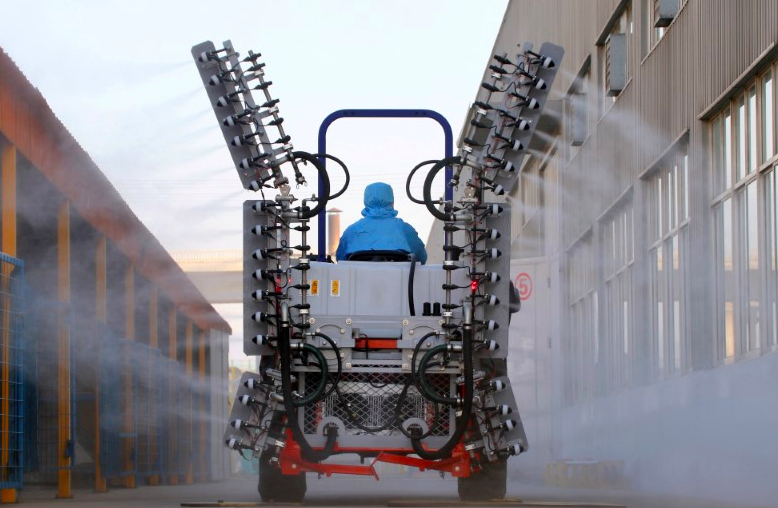
Disinfects a factory before reopen
3. Shipping cost raising up
Mail and Packages
The cost of mailing a letter through the USPS will remain 55 cents in 2020 — but all seven flat-rate shipping options are going up. FedEx is raising rates across the board, as significantly as 6% for some services. The cost of UPS Ground, Air, and International services is going up by an average of 4.9%.
8 Important tips to bear in mind when dealing with China hat suppliers
1. Don’t Put All Your Eggs in One Basket
Because of the difficulties inherent in importing, (production issues, miscommunication, timing, etc.) issues may arise where you’ll need to rely on more than one contact to fulfill your orders.
Because miscommunication is so rampant, you must diversify your hat suppliers. That way, if one drops the ball a bit too often, you’ve got a backup that you’ve also been courting to pick up the slack. And when I say “courting,” it’s not an exaggeration. There’s a bit more romance in making a solid business contact in China than you might expect.
We’ll cover this point in a bit more depth below.
2. Know Your hat supplier
This isn’t exactly a tip that’s exclusive to business dealings in China, but it’s essential nonetheless. You’ve got to research the people you’re doing business with. For each hat supplier, you need:
A physical address, to make sure they’re on the level.
Client references, to give you an idea of what to expect.
To find out whether they are an actual wholesale hat manufacturer or just a broker. You may end up paying extra to a middleman.
To check their experience making the product you’re importing. You want somebody who’s done this type of work before.
Product samples, so that you have an idea of the quality of goods you’ll be importing.
3. Build Relationships Before Business Connections
As I alluded to earlier, it’s extremely important to establish a friendship with your Chinese contacts. In Chinese culture, contractual obligations are considered secondary to ethical ones. Repeated social interaction with your hat supplier will help you maintain a productive relationship based on trust, mutual benefit, and camaraderie, rather than simple monetary gain.
4. Keep an Eye on the Calendar
The Chinese celebrate a lot of holidays. In fact, sometimes they have weeks off at a time. There were 54 holidays in 2013, and close to that number again in 2014. You need to keep an eye on the days (and weeks) they’ll be relaxing, and adjust ahead of time. That way it won’t cause any delivery delays in your business.
5. Pay Close Attention to Etiquette
The Chinese are bound to strict social constructs of hierarchy and custom. Ignoring this fact can cause slightly awkward moments if you’re lucky, and full-n disasters in company relations if you’re not. Some things to look out for:
Who’s the boss? Greet him first.
You’re NOT on a first-name basis. Use titles and last names.
Don’t shake hands too tightly — it’s considered offensive and off-putting. Keep the shakes short and gentle, otherwise they might think you’re purposely trying to intimidate.
Schmooze before getting down to business. Small talk can lead to big things.
Avoid direct eye contact.
No pats on the back, touching the knee, etc. Aside from the handshake at the beginning, just don’t touch your contact in general.
6. Subtlety Conquers All
Directness is considered a sign of immaturity in Chinese culture. Chinese business conversation is all about subtlety. Asking direct questions will usually cause discomfort, and rarely result in getting a direct answer. This goes double for complaints. If you corner your Chinese hat suppliers about quality issues, they will avoid taking blame, not because they are trying to weasel out of their responsibilities, but because the Chinese view of fault is different.
They see problems as unavoidable facts of life with no direct cause; rather, they are results of a confluence of circumstances, almost entities in and of themselves. You’ve really got to skirt the issue and imply your meaning to a Chinese hat supplier to get your intended result. To their credit, they are usually very practiced at understanding your underlying intentions.
7. Prompt Payment Will Eliminate Problems Before They Start
This should be another obvious one, but be prompt with your payments. It’s considered part of your moral obligation to your business contacts, and it will lubricate the many gears of the machine before they even begin to get rusty. So set a schedule for payment and stick to it.
8. Set Goals, Not Standards
Another aspect of Chinese culture that can cause a lot of misunderstandings is the idea of perfect service. As mentioned earlier, the Chinese expect their operations to run into snags. Problems come and go: The idea is to get the process to go as smoothly as possible, and take mistakes in stride.
One approach to minimizing the difficulties this will cause you is to align your thought process with theirs. That means setting goals instead of standards. You just can’t have unbreakable rules, because such a thing doesn’t exist in the Chinese mindset. They’re too flexible in their thinking for that. Instead you have to have targets to aim for, making sure not to sweat it when the results aren’t exactly bullseyes.





